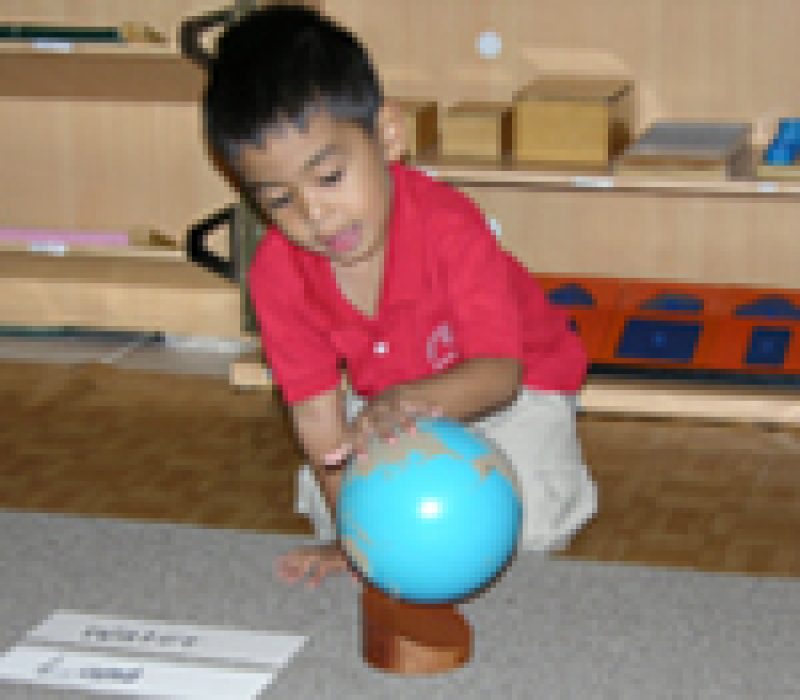Practical Life Excercise
The Exercises of Practical Life, which are the foundation of a Montessori environment, provide a sane and wholesome range of activities that allow a child to develop control and coordination of movement, awareness, of his/her environment, good work habits, responsibility, concentration, attention, independence, order and positive self-image which can be attained by spontaneous and purposeful work.
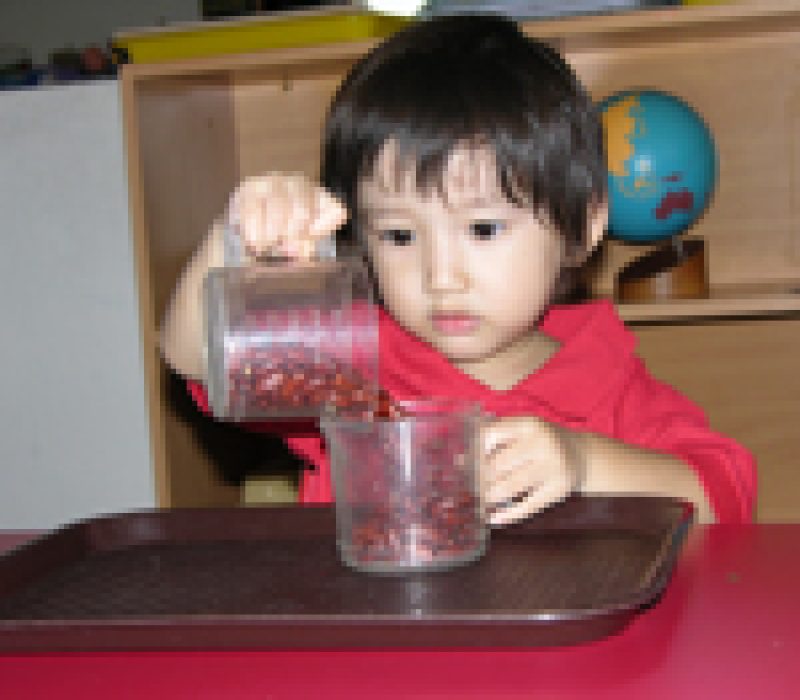
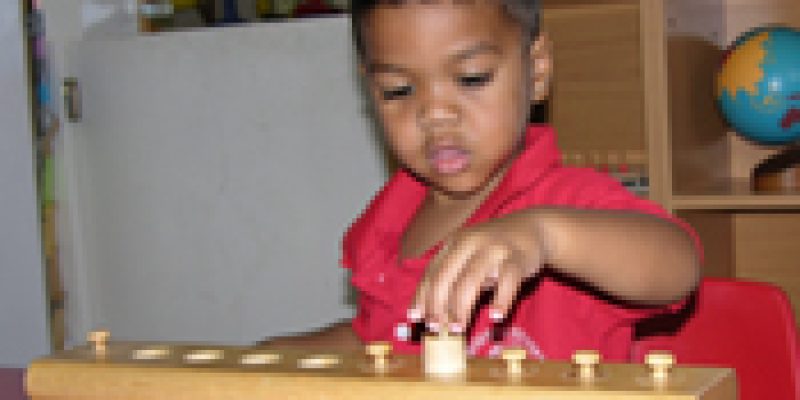
Sensorial Training
Children through the five senses. The primary purpose of sensorial exercises is to further refine his/her senses of touch, smell, sight and hearing. The materials used in the sensorial exercises will be unlike anything else that a child has encountered in the way of playthings. A child will be able to perceive sizes, shapes, colors, sounds, textures, odors etc. The sensorial materials lay a solid foundation for Mathematics, Geometry, Geography, Botany, Art and Music.
Montessori Language
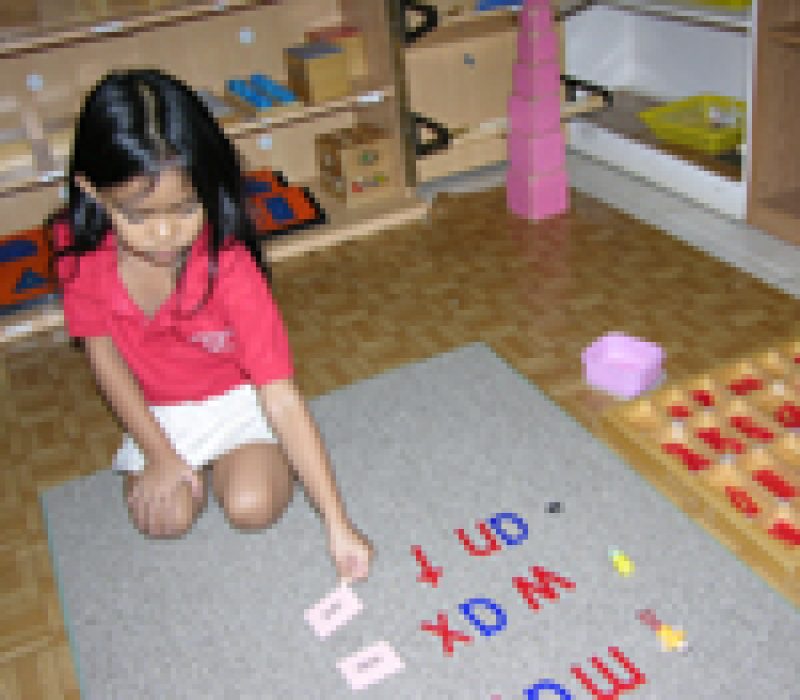
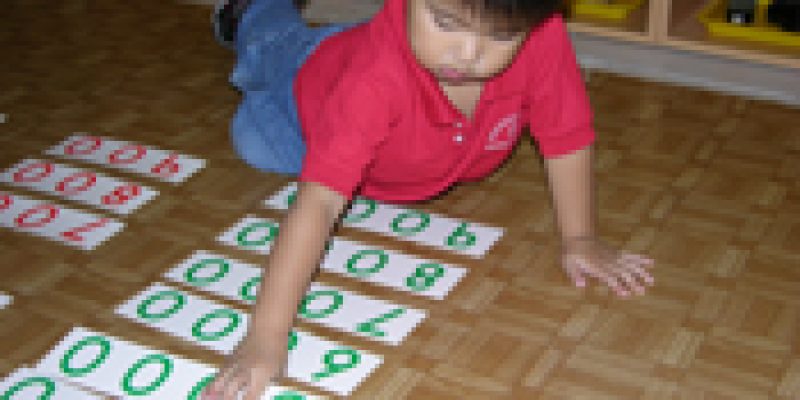
Montessori Mathematics
Cultural Subjects
The Montessori cultural subjects cover:
Nature Study: Its includes the study of living and non-living things. Children will have the opportuity to explore and understand their environment.
Botany and Zoology: Children are exposed to the study of plants and animals. They will be taught to classify impressions into clear and simple categories.
Geography: To launch the child’s exploration of the world’s physical environment, children are introduced to various continents, countries, states, land and water form and the solar system.
History: Through creative activities such as modeling, painting and collage, children are taught to understand the distinction between past and present and how past events have led to the present situation.
